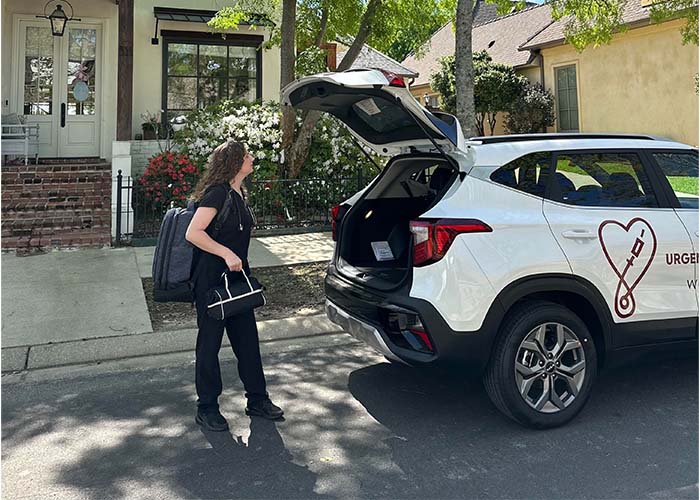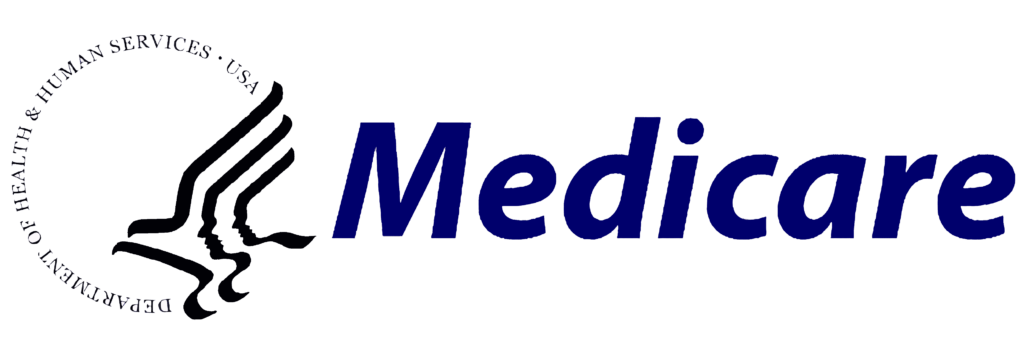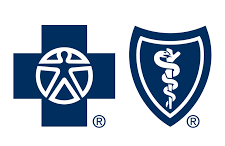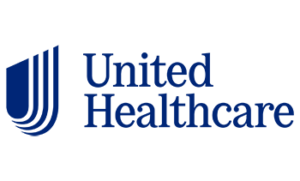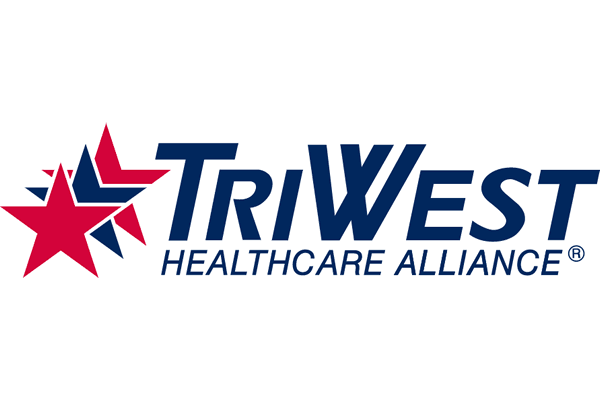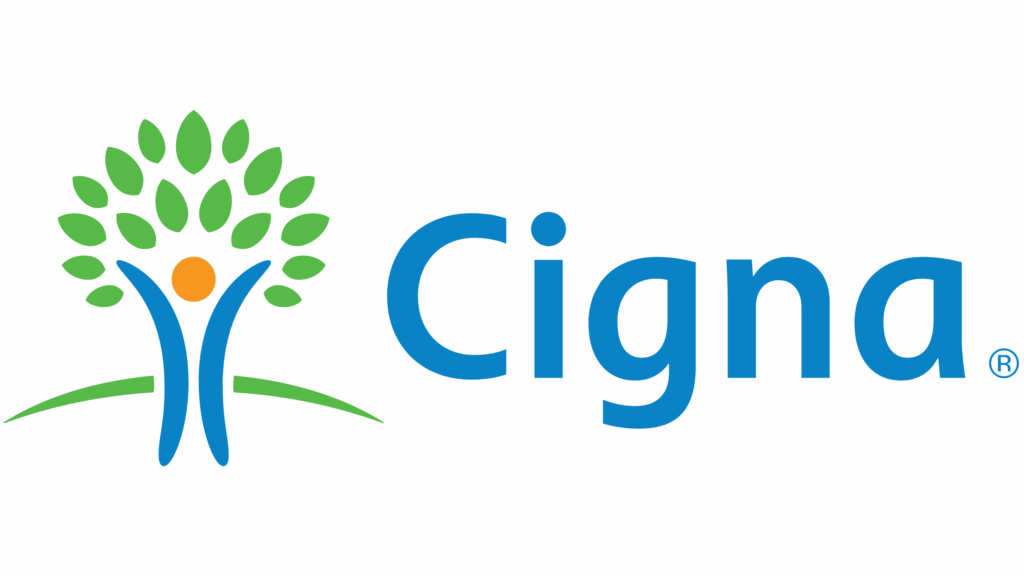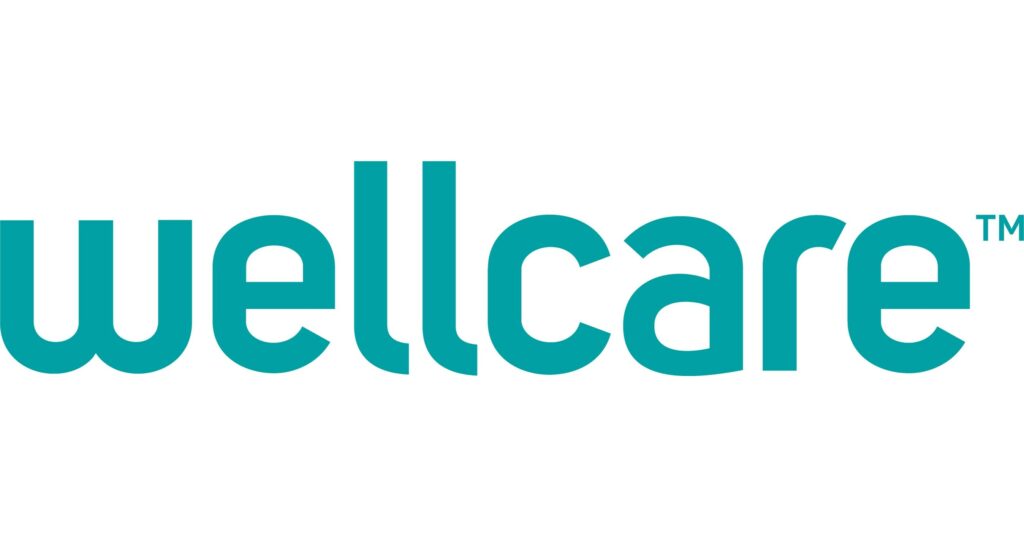COPD Exacerbation
- Skip The Waiting Room
- No Exposure To Other Sick Patients
- No Patient Travel Is Required

Understanding COPD Exacerbation: Symptoms, Treatment, and Management
Chronic Obstructive Pulmonary Disease (COPD) is a progressive lung disease that obstructs airflow and makes breathing increasingly difficult. It’s a condition that affects millions of people worldwide and is characterized by chronic bronchitis and emphysema. One of the most concerning aspects of COPD is the occurrence of exacerbations—episodes where symptoms suddenly worsen and require immediate attention.
What is a COPD Exacerbation?
A COPD exacerbation is a sudden worsening of COPD symptoms, which is often triggered by infections, pollutants, or other environmental factors. These flare-ups can be severe enough to require hospitalization and significantly impact a patient’s quality of life. Understanding and managing these exacerbations is crucial for both patients and healthcare providers.
Understanding the Symptoms of a COPD Exacerbation
Recognizing the early symptoms of a COPD exacerbation can lead to timely treatment and better outcomes. Common symptoms include:
- Increased Shortness of Breath: Worsening breathlessness, even when resting.
- Frequent Coughing: More intense and frequent coughing than usual.
- Excess Mucus Production: An increase in the amount or color of mucus.
- Wheezing: A high-pitched whistling sound when breathing.
- Chest Tightness: A feeling of constriction or heaviness in the chest.
- Fatigue: Unusual tiredness and lack of energy.
- Fever and Chills: Indicating a possible infection.
Risk Factors That Can Trigger an Exacerbation
Certain factors can increase the likelihood of experiencing a COPD exacerbation, including:
- Respiratory Infections: Both bacterial and viral infections can trigger exacerbations.
- Air Pollution: Exposure to pollutants like smoke, chemical fumes, and dust.
- Smoking: Continued smoking can worsen COPD symptoms.
- Cold Weather: Cold air can irritate the airways.
- Stress and Lack of Sleep: Both physical and emotional stress can contribute to flare-ups.
The Importance of Early Detection and Management
Early detection of a COPD exacerbation can prevent severe complications and improve long-term outcomes. It’s crucial to act quickly upon noticing any changes in symptoms. Patients and caregivers should have a clear action plan outlined with their healthcare provider to manage exacerbations effectively.
Treatment Options for COPD Exacerbation
A range of treatment options is available to manage COPD exacerbations:
Medications
- Bronchodilators: These medications help open the airways, making it easier to breathe.
- Corticosteroids: Reduce inflammation in the airways.
- Antibiotics: Used if a bacterial infection is present.
- Antiviral Medications: Prescribed if the exacerbation is due to a viral infection.
Oxygen Therapy
Oxygen therapy ensures that the body receives sufficient oxygen, especially during severe exacerbations. Portable oxygen units can be particularly helpful for maintaining mobility and quality of life.
Pulmonary Rehabilitation
A comprehensive program that includes exercise training, nutritional advice, and education to help manage COPD and improve overall health.
Lifestyle Changes and Prevention Strategies
Preventing COPD exacerbations involves both lifestyle changes and medical interventions:
- Quit Smoking: The most effective way to slow the progression of COPD.
- Avoid Pollutants: Stay away from areas with heavy pollution or smoke.
- Regular Exercise: Helps improve lung function and overall health.
- Healthy Diet: A balanced diet supports immune function and overall health.
- Vaccinations: Keep up-to-date with flu and pneumonia vaccines to prevent infections.
The Role of Patients, Caregivers, and Healthcare Professionals
Managing COPD exacerbations requires a team effort:
- Patients: Should monitor their symptoms, follow treatment plans, and maintain regular check-ups.
- Caregivers: Play a vital role in providing support and ensuring adherence to treatment plans.
- Healthcare Professionals: Provide guidance, adjust treatments, and offer support systems like pulmonary rehabilitation programs.
When to Seek Medical Attention
Immediate medical attention is essential if:
- Symptoms worsen rapidly.
- There’s no improvement after initial treatment.
- There are severe shortness of breath, chest pain, or confusion.
For urgent care services, consider reaching out to Urgent Care on The Go. They offer prompt and efficient care for COPD exacerbations and other medical emergencies. Call 1-888-381-4904 for assistance.
What Is Next
COPD exacerbations can be alarming and severely impact a patient’s health, but understanding the symptoms, treatment options, and preventive strategies can make a significant difference. By recognizing early warning signs and working closely with healthcare professionals, patients can manage their condition more effectively and enjoy a better quality of life.
For immediate support and treatment, don’t hesitate to contact Urgent Care on The Go at 1-888-381-4904. Your health and well-being are our top priority.

